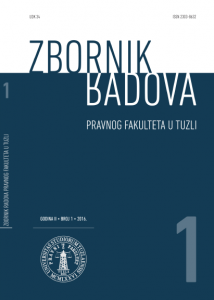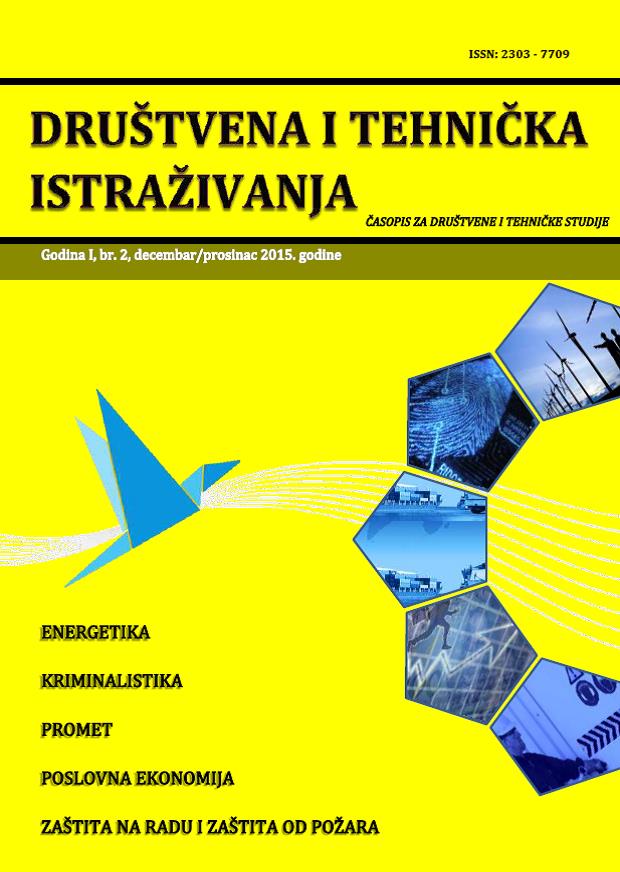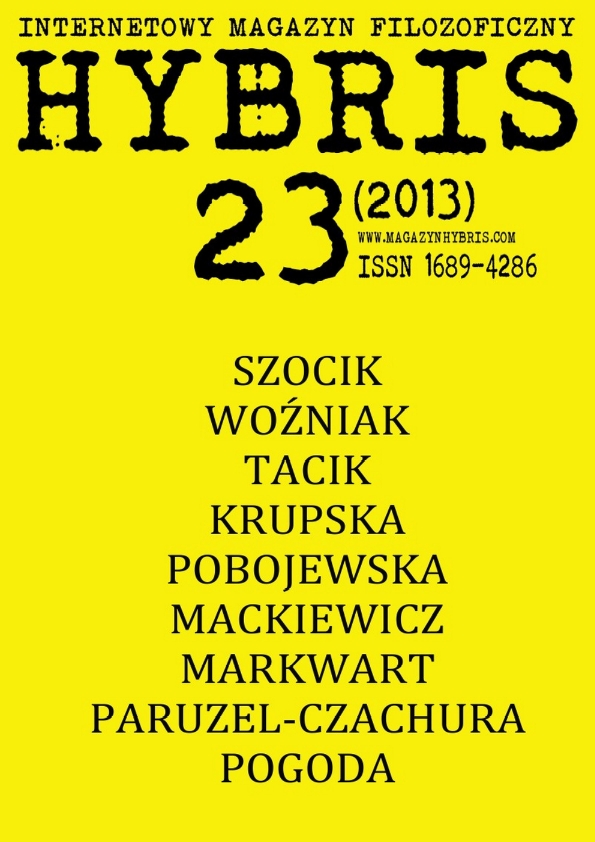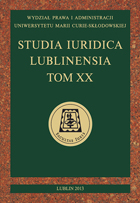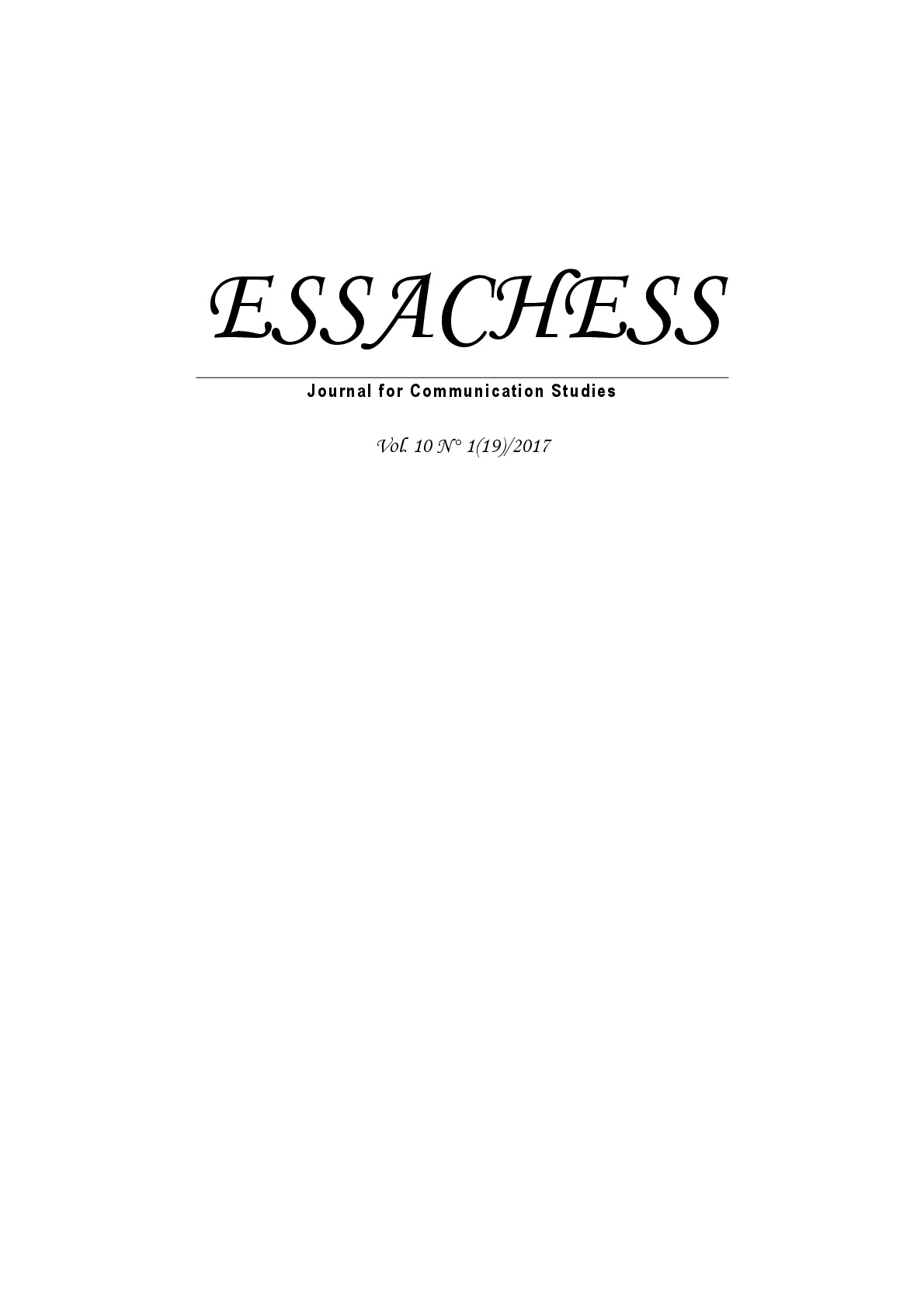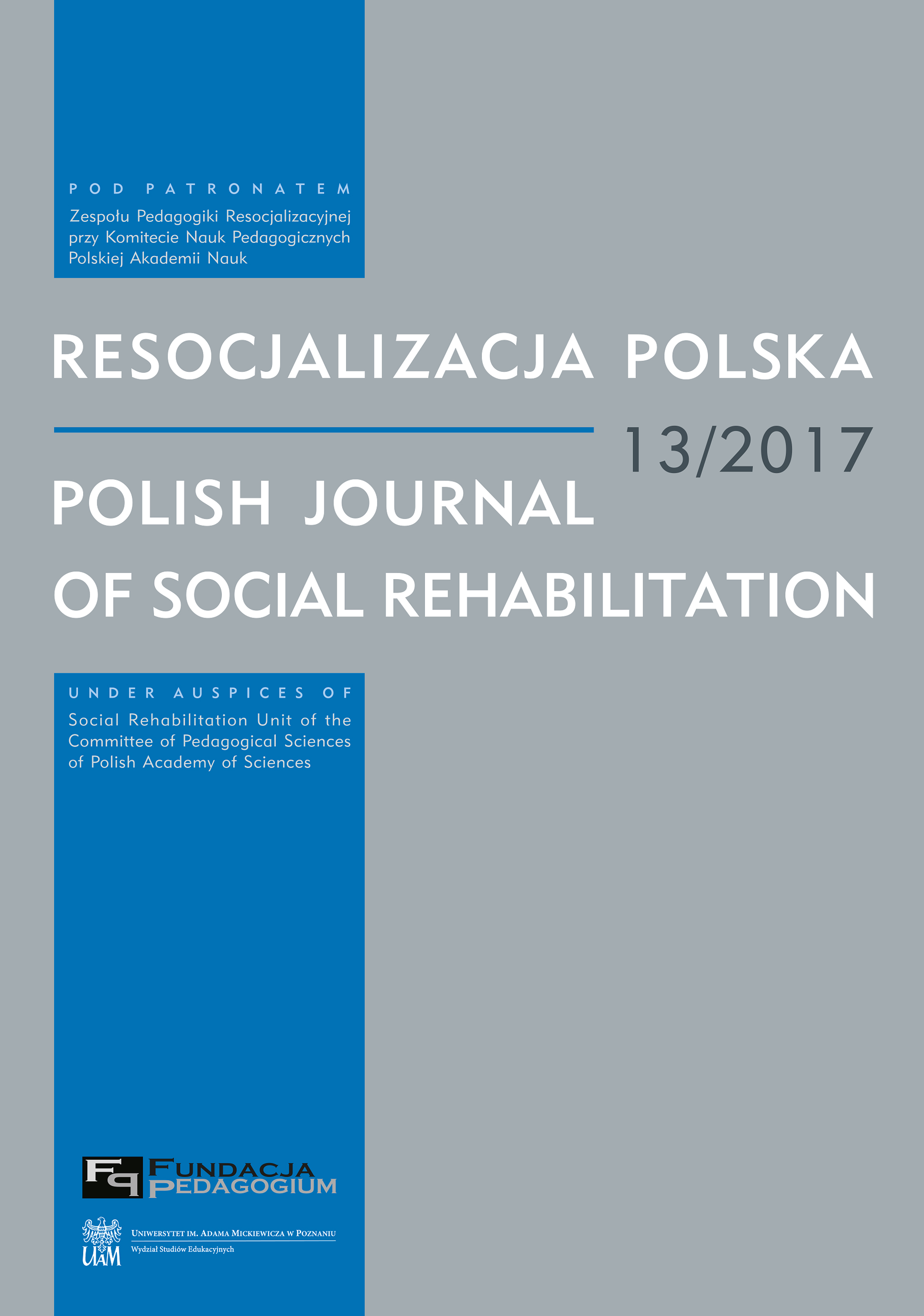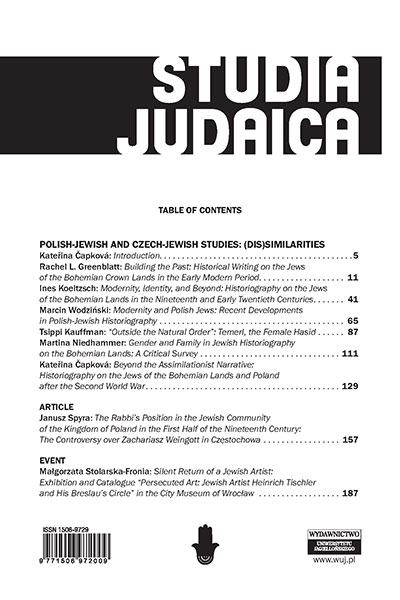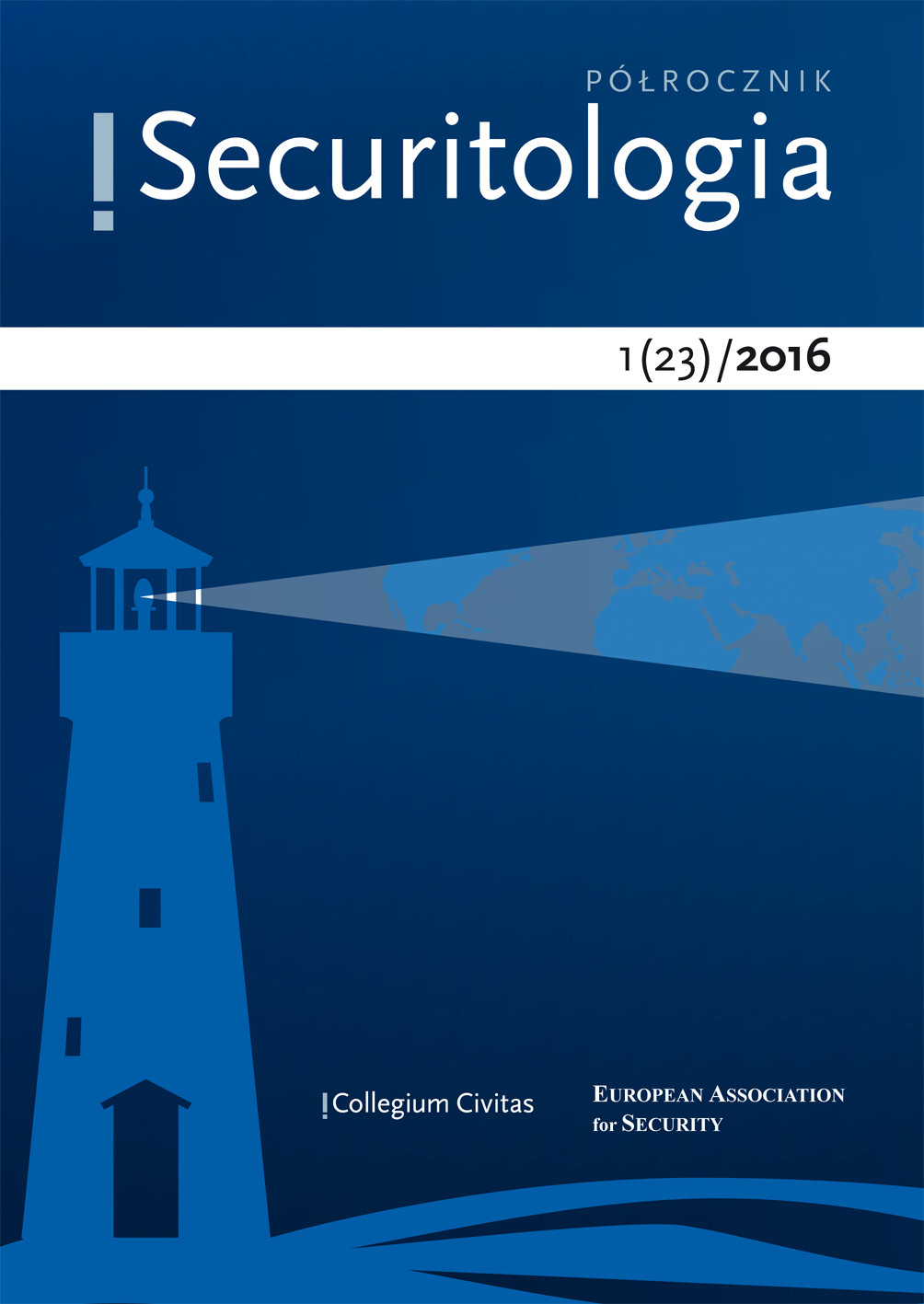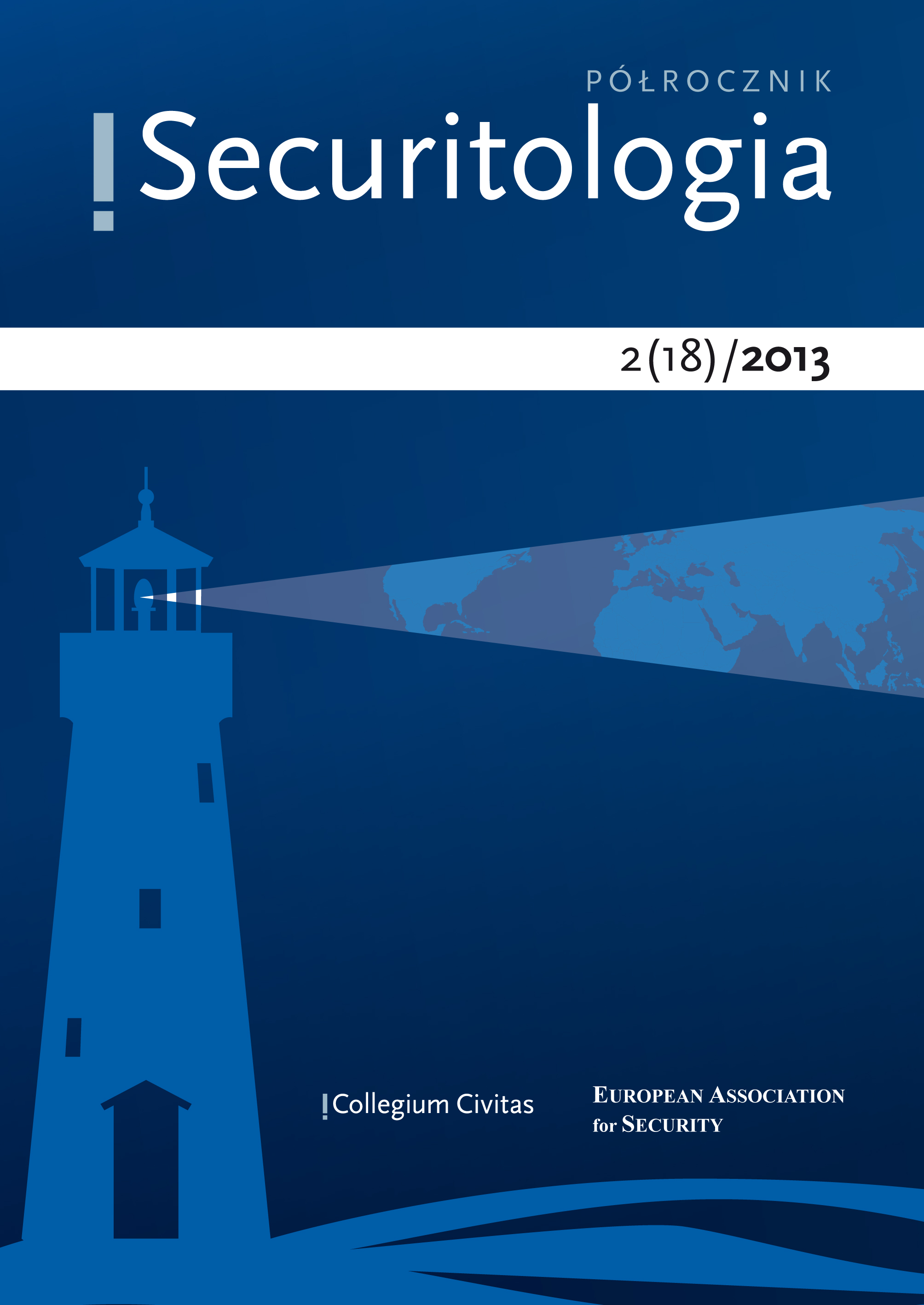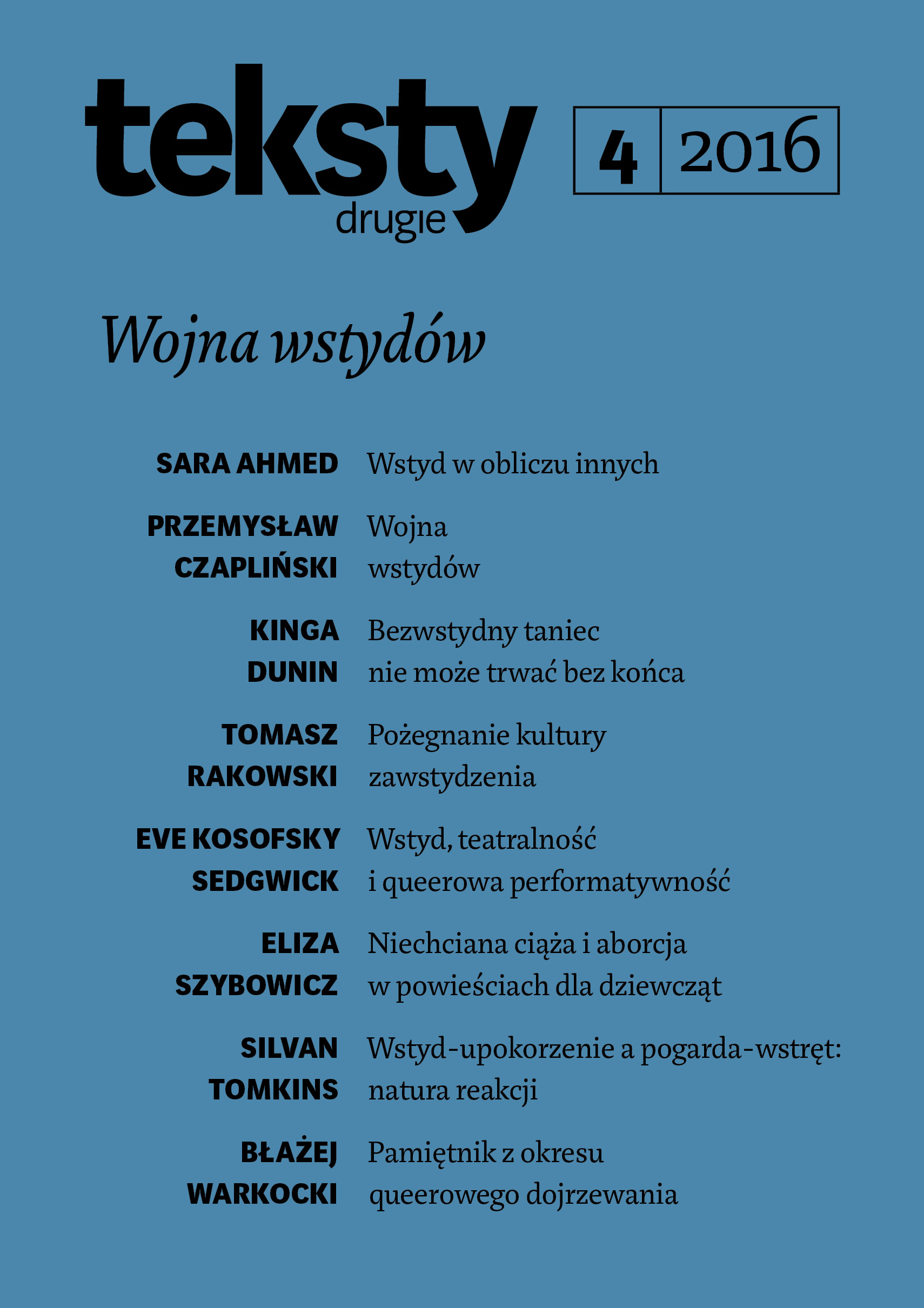Author(s): Tomica Starčević,Jambrek Petrak Ines / Language(s): Croatian
Issue: 2/2015
There is no simple definition for Antisocial personality disorder. However, the authors try to explain in their work a lot of healthy personality, to show the opinions of experts in Psychology and Psychiatry so we can have a perception of antisocial personality disorder. Antisocial personality disorder is often misinterpreted as a personality disorder at the time of puberty, when a young person running away from school, lies repeatedly, occasionally stealing, and generally falls into various unpleasant situations. If after leaving the phase of growing up person stabilizes and accept the social patterns of behavior it is a personality disorder, not anti-social personality disorder, which is more difficult and more complex. If the person continues to violate regulations, not respected socially acceptable patterns of behavior, lying, manipulating other people around, dealing with a variety of fraud, in violation of the law, and in the most severe forms without feeling towards other people, rape, murder, then we have an example of a real antisocial behavior and psychopathy (sociopathy). Today's research trying to prove the importance of genetic factors as the cause of such behavior (psychopathy), but should not be ignored either external causes such as abuse and neglect by their parents, bulling, rape at an early age, and other situations that may be "trigger" for antisocial behavior in some individuals.
More...
